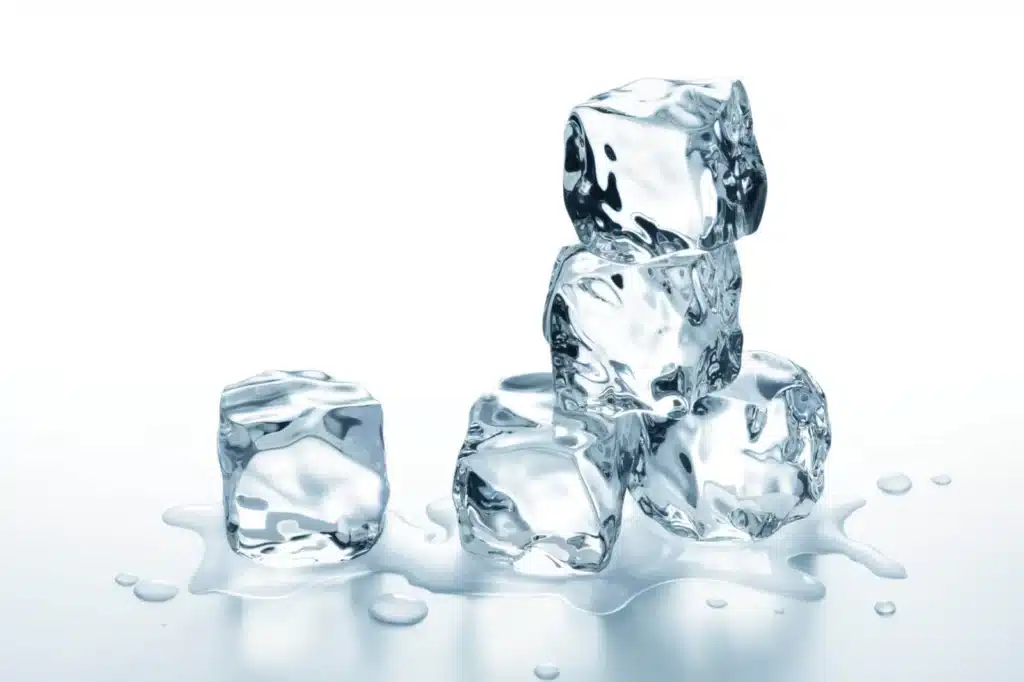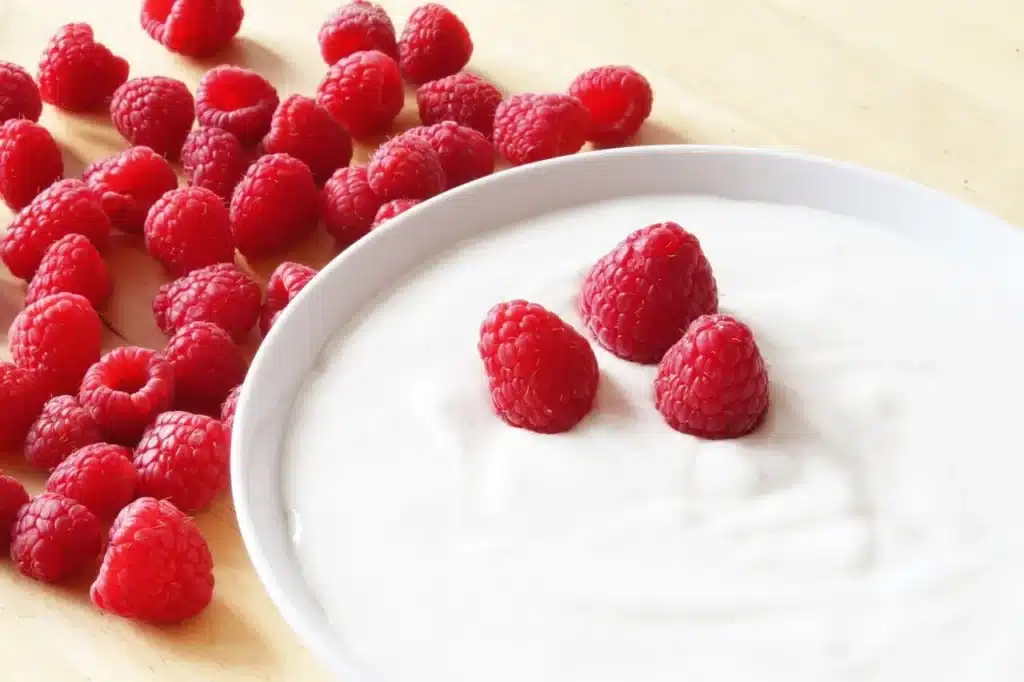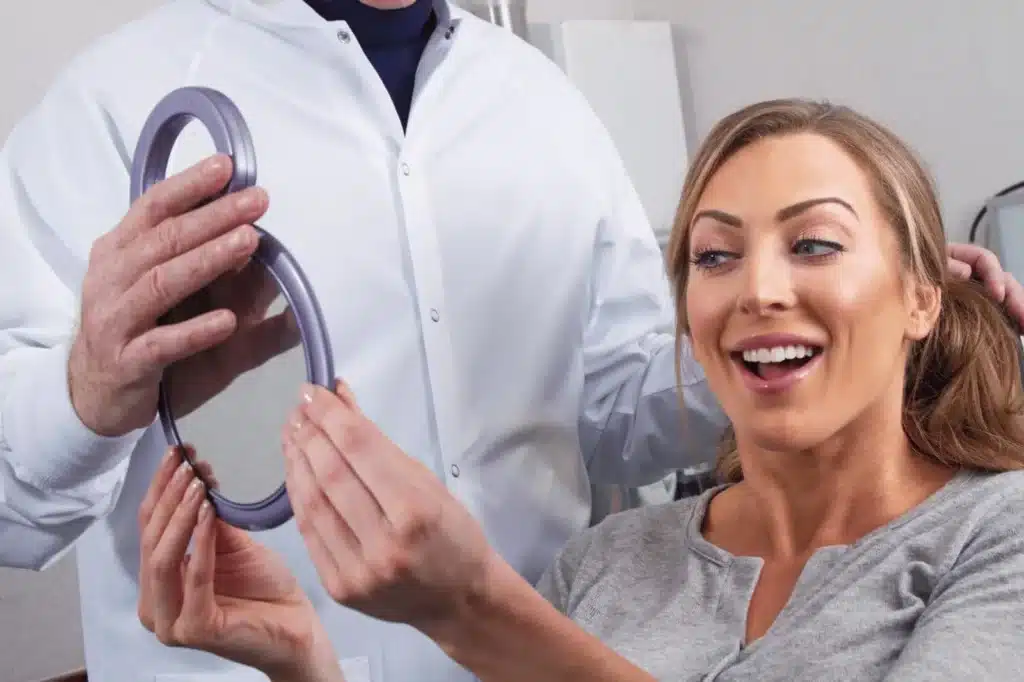Do you know how to do dental restoration aftercare properly? Read to learn how to manage your dental restoration aftercare.
Foods To Avoid
For dental restoration aftercare, you must stick to a strict diet plan. After getting tooth restoration treatment, your mouth can be sensitive, making eating hard. To help your mouth heal, avoid these foods:
Sticky Stuff: Don’t eat sticky foods like caramel, toffee, or chewing gum. Also, skip hard, sticky candies, sweet ribs, and dates because they can be tricky to remove from your teeth, especially when the nearby areas are sore.
Spicy Foods: After getting dental work, your mouth might still feel numb from the anesthesia, so it’s best to avoid spicy foods. If you’re not used to spiciness, it could surprise you with unexpected pain.
Ice: While cold drinks can help with any discomfort in your restored tooth, don’t chew on ice, as it can harm your new dental fillings and crowns. Cold drinks are fine, but be careful with ice directly on your treated tooth as it can make it sensitive.

Soda: Drink lots of water and avoid fizzy drinks because they have too much sugar, which isn’t suitable for a healing tooth.
Alcohol: Don’t have alcohol for at least 24 hours after your dental procedure because alcoholic drinks also have a lot of sugar, and it’s not suitable for your healing tooth.
Foods To Eat
You might wonder what’s safe to eat for dental restoration aftercare. To help your restoration heal, it’s good to wait a bit before eating. Your dentist will give you specific instructions.
Initially, choose soft foods like:
- Soup
- Yogurt
- Smoothies
- Milkshakes
- Soft sandwiches
- Ice cream

These are easier on your healing tooth.
Oral Hygiene
After getting dental work, it’s essential to maintain good oral hygiene, just like in everyday life. This helps keep your teeth and gums healthy and your smile looking natural and attractive. Smoking can lead to discoloration even after tooth restoration, so quitting is recommended by dentists.
Here are some differences to consider for dental restoration aftercare:
- Use a toothbrush with soft bristles, not a stiff one.
- It’s a good idea to use dental floss, but be careful, especially around the restored tooth.
- Use toothpaste without abrasive elements that could harm your restored tooth.
- Stick to the mouthwash your dentist suggests.
- You might replace dental floss with an irrigator, which is gentler. The directed water pressure cleans without the risk of damaging the restored tooth and gives your gums a gentle massage.
Do’s
Do’s for your dental restoration aftercare are as follows:
Use Painkillers
If you have pain, you can take painkillers to feel better for a few hours. Follow any medication your dentist prescribed.
Healthy Eating
Keep eating a balanced diet for dental restoration aftercare, even if it’s tricky due to soft foods, while your swelling decreases.
Chewing Carefully
Chew on the side of your mouth that didn’t have dental work so you don’t get food stuck around the tender area.
Salt Rinse
Use a salt rinse 24-48 hours after your procedure to help the healing.
Brush Gently
After a few days, go back to regular brushing and flossing, but start with gentle brushing.
Sleep Upright
Sleep with your head raised to reduce pressure on your head, jaw, and teeth.
Cooling Patch
Use a cooling patch or cold compress on your face for 20 minutes, take a break for 10 minutes, and repeat as needed.
Apply Pressure To Stop Bleeding
If you had a tooth removed, put pressure on the gauze pad for an hour after the procedure. If bleeding continues, use new gauze and pressure for another 45 minutes. If it still doesn’t stop, contact your dentist.
Don’t’s
Strenuous Workouts
Don’t do intense exercise after tooth restoration surgery because it can slow healing.
No Straws
Don’t use a straw, as the sucking motion can put pressure on the healing tooth.
Avoid Spitting
Don’t spit for the same reason; it can add unnecessary pressure to the restored tooth.
Quit Smoking
It’s best to avoid smoking for at least 24 hours after dental surgery. Quitting smoking altogether is even better because smoking can lead to various oral health problems.
Alcohol Mouthwash
Don’t use mouthwash with alcohol, as it can dry out your mouth, and your saliva is needed for the healing process.
Don’t Touch
Avoid touching your mouth or gums with your fingers to prevent bacteria from affecting the healing.
Conclusion
The blog guides you on how to do dental restoration aftercare. Follow the recommended diet after teeth restorations and protect them from damage. Consult your dentist in case of any emergency.
Contact Dentalsway for more details on dental restoration aftercare tips.


